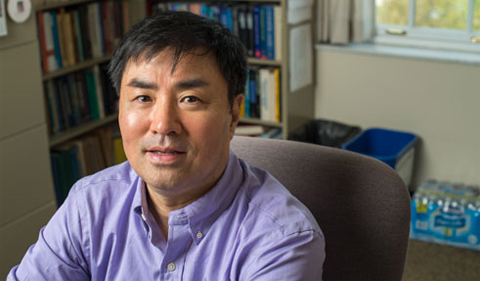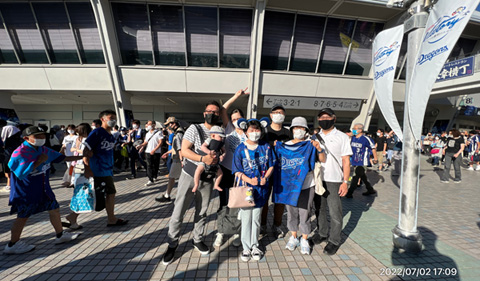Dr. Chulho Jung, Professor of Economics, has been invited to present a paper at the University of Windsor in Windsor, Canada.
The paper, co-authored by Jung and Dr. Jay E. Ryu, Professor of of Political Science at OHIO, addresses a strange puzzle about the effects of Federal Reserve policy.
Economic theory as well as historical data from 1959 through 1998 are in agreement that tight monetary policy (high interest rates) slow the economy and expansionary monetary policy (low interest rates) boost the economy.
The odd part is that, in more recent times, 2000 through 2014, monetary policy seems to have the opposite effect.
Other researchers have tried to solve this puzzle, but Jung and Ryu approach it from a unique direction. They find that the credit generated by monetary policy does not flow into business investment. Instead, it becomes redirected into financial derivatives, which are not directly connected to business investment.
Apparently, more credit is sidetracked in this way during expansionary policy periods and less during contractionary periods, leading to the observation that the economic effects of the policy are the opposite of the intended effects.




















Comments